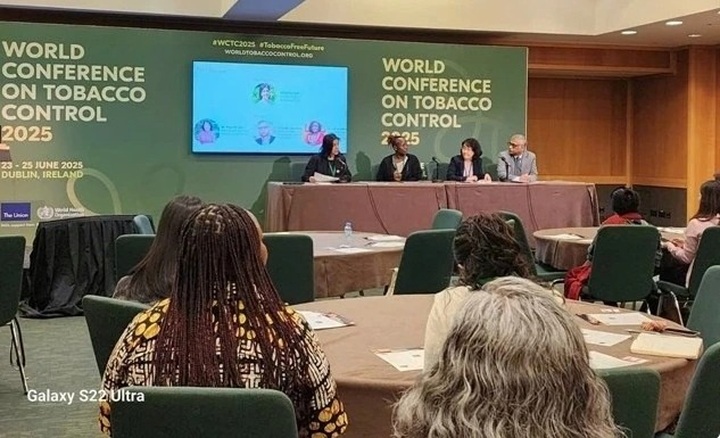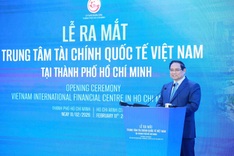
At the World Conference on Tobacco Control 2025 in Dublin from June 23-25 (Photo: Tobacco Harm Prevention Fund)
Speaking at the 2025 World Conference on Tobacco Control in Dublin, Ireland, Vietnam shared its experience in securing sustainable funding for tobacco harm prevention.
Organised by the International Union Against Tuberculosis and Lung Disease (The Union), with support from the World Health Organisation (WHO), the Government of Ireland and Bloomberg Philanthropies, the event runs from June 23 to 25. It gathers hundreds of participants from governments, health agencies and civil society to discuss solutions amid shrinking public health budgets and the expanding reach of the tobacco industry.
At a session on sustainable finance, Phan Thi Hai, Deputy Director of the Tobacco Harm Prevention Fund, stressed that political commitment from the Party, National Assembly and Government was key to Vietnam’s success in tobacco control.
She noted that Vietnam’s 2013 Law on Tobacco Harm Prevention and Control established a dedicated fund, financed by mandatory contributions from domestic and imported tobacco manufacturers.
“This model has delivered real results,” said Hai. “Smoking rates among adults dropped from 23.8 percent in 2010 to 20.8 percent in 2021, while exposure to secondhand smoke fell from 73.1 percent to 45.6 percent.”
Hai also highlighted two recent legislative milestones. In 2024, the National Assembly passed a resolution banning e-cigarettes and heated tobacco products from 2025. In June 2025, it approved a law to amend the special consumption tax, introducing a mixed taxation system and a roadmap for increasing tobacco taxes until 2031.
At the event, WHO and partners stressed the urgent need for countries to increase domestic financial resources to sustain tobacco control efforts, especially in low and middle-income countries where many programmes still depend on foreign aid.
Experts noted that while the cost of implementing tobacco control measures is low, the public health and economic returns are substantial. In 2017, average tobacco control spending was just USD 0.01 per person in middle-income countries and USD 0.0048 in low-income nations.
The WHO Framework Convention on Tobacco Control (FCTC) urges governments to increase domestic investment in tobacco control, calling it essential for reducing disease burdens, lowering treatment costs and promoting healthier, more resilient societies.
Experts agreed that investing in tobacco control remains one of the most cost-effective strategies for public health and economic development—especially at a time when health systems are under pressure worldwide.




















